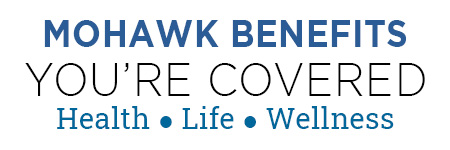Financial Literacy Month

Financial Literacy Month is a time to raise awareness and develop a better understanding of basic financial concepts. It's an excellent time to learn more about your finances and how to manage them now and for your future.
Here are some tips to help you get started on understanding your finances
Set a budget. A budget shows you how much money you make and how much you spend. It can help you make sure you have enough money for the month. Knowing where your money goes can help you set a realistic budget. But it's hard knowing where to start. An easy way to start is to write down how much you bring home each month from your paycheck, all your bills, and other expenses like groceries, childcare, etc. Then, subtract your expenses and bills from your income. If the number is less than you make, look for ways to spend less. Use this budget worksheet from consumer.gov to get started.
Put aside some money for emergencies. Think about Murphy's Law—if something can go wrong, it will and, often, at the worst time. An emergency fund can help pay for unexpected bills or expenses during those times. Start by putting aside a little bit from each paycheck and then set a goal to increase a little at a time. Staying consistent is key. You will be surprised at how quickly even small amounts can add up. Try not to dip into your emergency fund if possible. Try to only use it when you need it most. Check out this article from Fidelity Investments to learn more about the importance of an emergency fund.
https://www.fidelity.com/learning-center/smart-money/emergency-fund
Keep your debt in check. Debit from credit cards, car loans, and more can slow down your financial progress. Set up a plan to pay off these debts—one way is to start with the smallest and work to the largest. Make sure you always pay at least the minimum payment on time to keep for racking up more high interest and late charges. Take a look at this article from Credit Karma to see three of the best ways to pay off credit card debt.
https://www.creditkarma.com/credit-cards/i/how-to-pay-off-credit-card-debt-fast
Save for retirement. Try to take advantage of Mohawk's complete 401(k) match. The Company helps you build up your savings by matching the funds you contribute to your account. For example, Mohawk will match 50% of the first 6% of your wages that you contribute. The sooner you take advantage of the Retirement Savings Plan, the more you benefit from the Company's contributions. You can call Fidelity at 1-800-835-5087 or log on at www.401k.com to change your contribution percentage or enroll in the plan.
Don't forget, Employee Assistance (EA) can help with financial counseling
Managing your finances can be challenging; sometimes, it is downright difficult. Knowing how and where to start can be overwhelming. Working with a financial professional can help get you started. EA offers no-cost financial services consultations on a variety of financial concerns. Connect with EA at 855-566-4295 or online at mycigna.com
